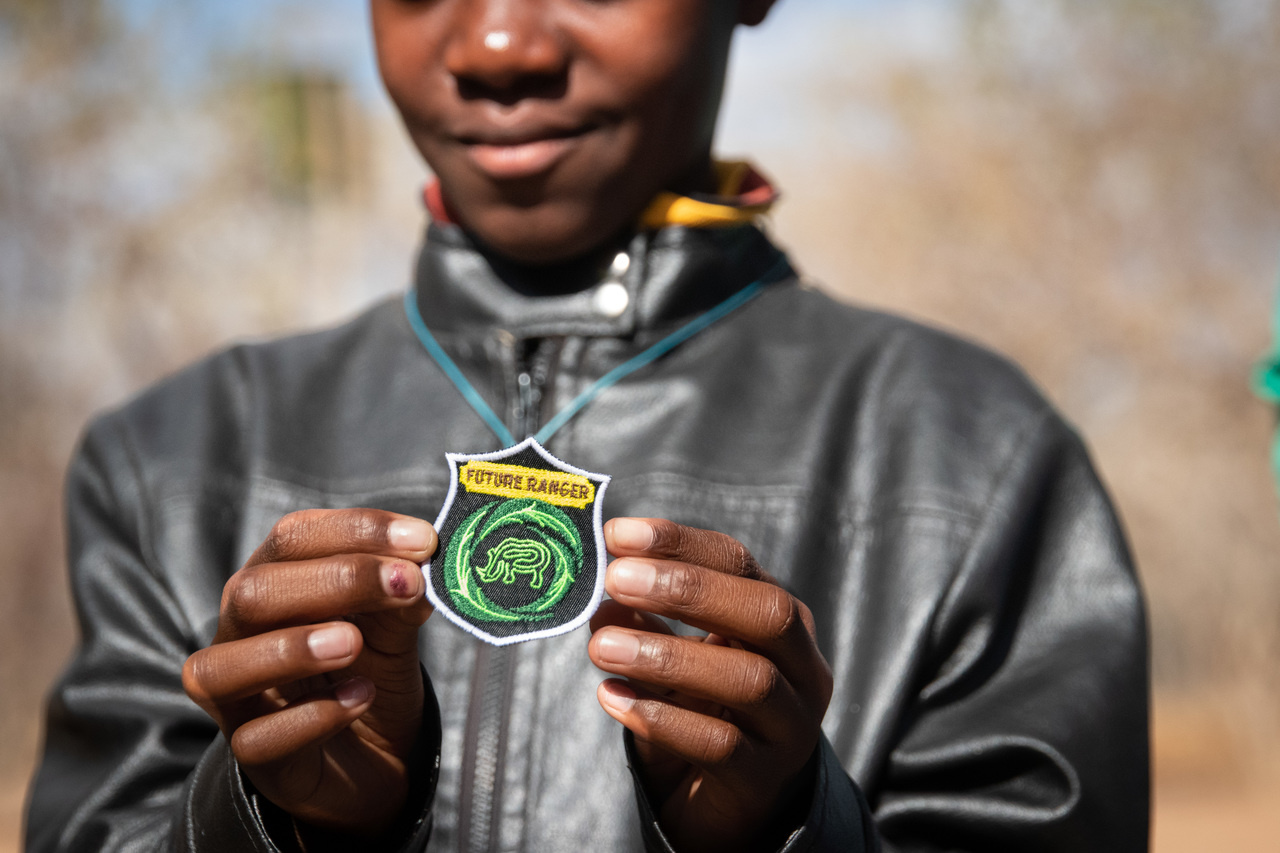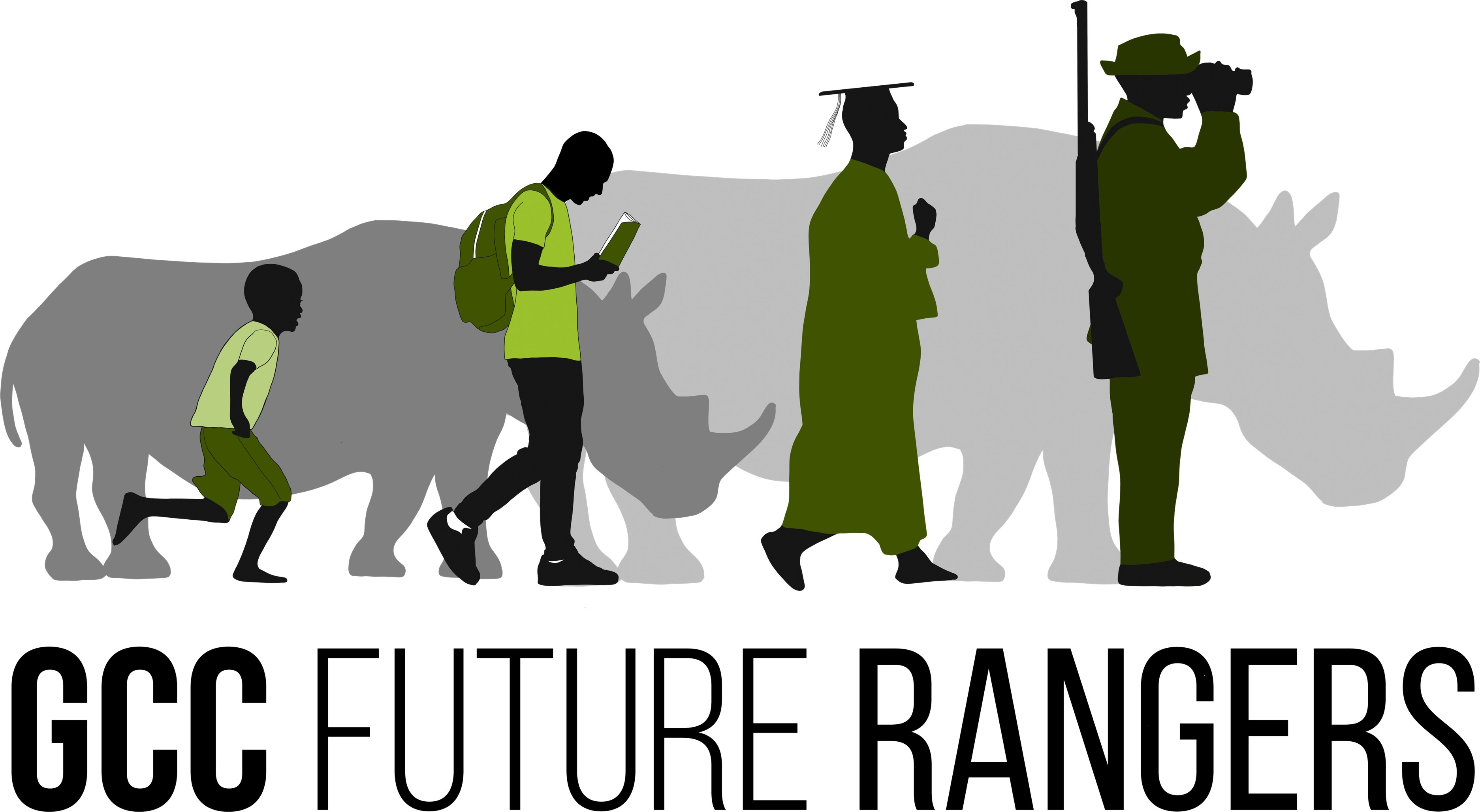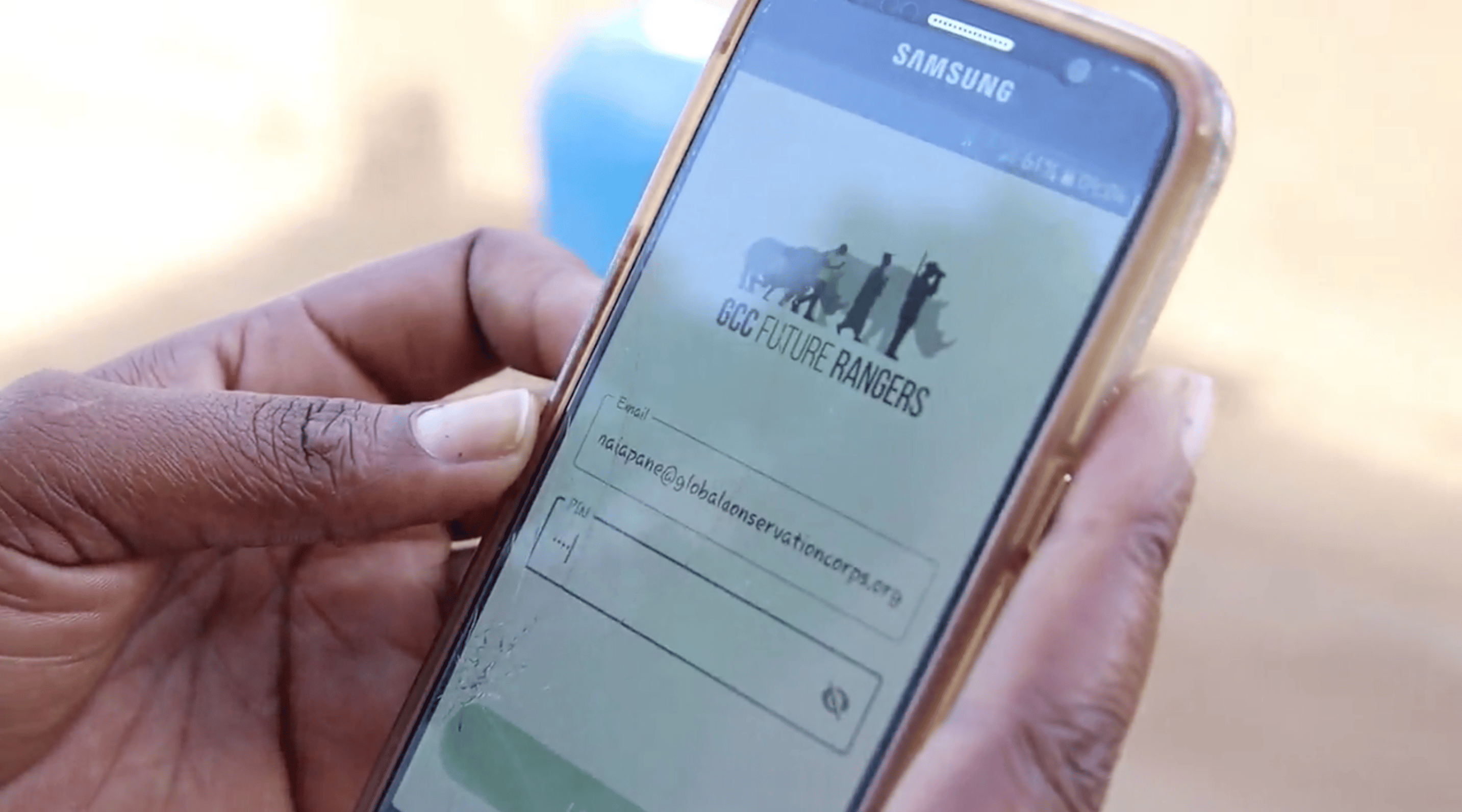Exposure, Opportunity and Behavior Change; the Future Rangers Program

I’ve seen firsthand what an incredible, life-changing difference one wildlife encounter can make for a young person. So what if we could take that to the next level? What would the future look like if every young person living alongside protected areas got the opportunity to fall in love (with that wildlife), and actually tangibly benefit from this love?
I had a moment where it clicked for me. I was working to GPS track cheetahs residing on farmland, and the same frustrating and tragic story played out over and over. Farmers and cheetahs were struggling to share space and resources, and cheetahs were often on the losing end of the conflict. This type of conflict wasn't new and wasn't specific to cheetahs; this was happening everywhere where humans and wildlife were sharing space, and with the rapidly increasing human population, this problem is only worsening. For me, this is where it clicked; if wildlife and humans are to share space, human behavior has to change, in a big way. This certainly wasn't a ground-breaking thought, but it changed my conservation career.
For me, the key to conserving our rapidly disappearing species lies with human behavior. There are a lot of ways to change human behavior, many of which are complicated, convoluted, and end up with variable results. Even changing our own behavior can prove difficult. So where to start, and which problems to address, in order to foster a culture of conservation worldwide?
The first and most obvious approach is to start young. Many conservationists had an experience growing up that set them on the course that they are on now; working to conserve wildlife. This looks very different for everyone, and there's no way to give this a blanket approach, so our approach is regular exposure to conservation and wildlife using many different forms and styles of learning, to create an environmentally literate group of young people. When I say 'our approach' I am referring to the Future Rangers Program through the Global Conservation Corps, which I work to direct.

Our next step, after a variety of consistent exposure, is professional development. The students have now had weekly conservation-focused lessons and excursions, working with a mentor directly from their own communities. This mentor has gotten to know them over years, tracked their enthusiasm, passion and grit for nature and wildlife, and can assist in helping them chase their dreams. This starts with hard and soft skills development, leadership coaching, and job shadows.
When the Future Rangers cohort finally reaches graduation, they not only have skills, experience and connections in the local wildlife economy, but they have proof; a portfolio of evidence collected over the course of the program by our ed-tech app, that they can use to self-promote. This gives the student something tangible and useful to aid in seeking employment, and with high unemployment rates and lack of buy-in being a main driver of poaching, this is a game changer for youth looking to be employed in the local wildlife economy from which they are often excluded.

Obviously, resources and funding are limited. All youth deserve the opportunity to develop an appreciation and respect for nature, but not everyone gets that opportunity. With our resources, we have chosen to target select schools in areas of high conservation priority, as the people who live alongside protected areas stand to gain or lose the most from wildlife. We can't reach everyone, but we can create a scalable program through partnerships and collaboration to reach many more students, and this is exactly what we're working towards. We cannot do this without collaboration.
In order to foster a culture of conservation, it is important to consider;
Issues, drivers and opportunities: What kind of issues are communities and participants facing, according to them? It is important to understand current behavior and what is driving that behavior before prescribing solutions and opportunities that may or may not exist.
Collaboration: Lack of conservation funding breeds a competitive environment, which often does more harm that good. Many groups may be 'reinventing the wheel' rather than sharing resources, relationships and ideas. It is important to remember high level goals here and 'who's benefiting'. Collaboration is essential.
Monitoring and evaluation: Not only necessary for funding, M&E is an important tool to keep a finger on the pulse of the program; are these efforts actually helping? How can we improve? What is changing about the situation, and how can we change with it?
Who's benefiting?: This is perhaps the most important consideration; who is this program for? What are they getting out of this, who's voice is centered, and how is this actually helping?
These considerations can help to develop a program leading to behaviour change on a larger scale. There are obviously many more considerations, but this is where we've started, and we're always learning and improving.
The story that stands out most to me is of one of the girls in the program. She was 11 years old and had been participating in Future Rangers for a few years already, in her classroom outside of Kruger National Park, South Africa. She was a star student, and jumped at the chance to join the ‘bush camp’, which was a several day opportunity to learn about wildlife in a hands-on setting, which included a game drive. She confessed that all she had ever wanted to see was a lion, and that they were her favorite animal because they weren't afraid of anything. During the same confession, she also alluded to a tenuous home life, saying she never wanted to leave the bush because she felt safe and cared for by her Future Rangers mentor, and loved being in nature. As the camp wrapped up, she went on her game drive, and as we rounded a corner, we suddenly came across a pride of wild lions. I turned and looked back at the students, and their faces will be etched in my memory forever. My takeaway was that nature can provide a respite from the daily challenges many youth face, and that can make a life-changing difference for a young person. I saw her again recently, and the first thing she said to me was “remember the lion we saw?”. Her mentor says she is thriving in the program.
Future Rangers is synonymous with a steward and protector of the environment. Every young person deserves to be exposed to nature and wildlife, and take that appreciation into whatever career they pursue, whether they become rangers, lawyers, farmers, or the president. We need leadership that sees the value of wildlife and nature now more than ever, if we want a world with wildlife.




Please sign in or register for FREE
If you are a registered user on WildHub, please sign in
Hello Kate, I just wanted to say I really enjoyed reading this post, what a great project!
Hello Beth, thank you! I'm glad to hear your enjoyed it.
*you
What a fantastic project! Thank you for sharing.
Thank you for sharing this Kate. The story of one of the girls in the program is so powerful. How is the programme going and have there been any developments over the past few years